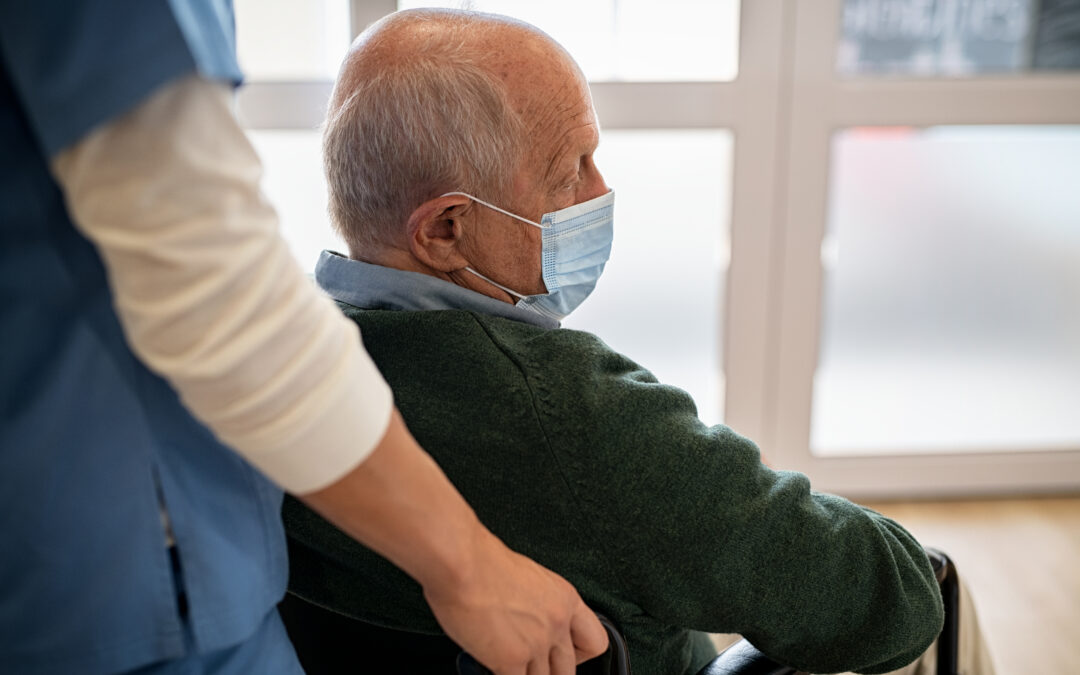Deadly, Drug-Resistant Fungus Spreading in Nursing Homes
Lax infection prevention efforts and even blatant refusal to reveal the positive status of patients when transferring them between healthcare facilities are among the instances of nursing home malpractice related to the spread of a fatal fungal infection in nursing homes.
According to the Washington Post, a highly drug-resistant fungus the Centers for Disease Control and Prevention says is spreading at “an alarming rate” is placing vulnerable elderly residents at risk in nursing homes that cannot, or do not, implement necessary infection prevention measures.
Known as Candida auris (C. auris) the fungus is a strain of yeast that can enter the bloodstream and cause invasive infections that can impact a person’s brain, eyes, heart, kidneys, and ears. Especially vulnerable to developing this fungal infection are frail nursing home residents, who may struggle to fight the infection and could die from it, potentially necessitating the involvement of a wrongful death attorney. The CDC calls the infection “a serious global health threat” due to its difficulty to identify and treat and its potential to spread among older people already coping with other health maladies.
Since carriers of C. auris can be asymptomatic, and since the infection is easily transmitted from person to person, C. auris can spread rapidly in hospital and nursing home environments. Resistant to many typical cleaning products used in nursing homes, C. auris can be contracted by the at-risk elderly via contact with infected surfaces like bed rails, wheelchair arms, and windowsills.
While the fungus presents a challenge to nursing homes, preventing the spread of C. auris is possible, says the CDC, by executing common nursing home infection protocols. Not implementing the following measures that deter the spread of nursing home infections amounts to nursing home malpractice:
- Regular surveillance—testing and monitoring for symptoms
- Isolation of Infected Patients—separate individuals with infections from other vulnerable residents
- Personal Protective Equipment—hygienic gowns and gloves
- Proper Hand Hygiene—frequent hand washing before and after treating patients, as well as use of an alcohol-based hand sanitizer
- Deep Cleaning—the frequent disinfection of shared medical equipment like blood pressure cuffs and temperature probes
All too often, as the result of circumstances such as insufficient staff training, a lack or a refusal to use protective equipment, and low staffing, the above fundamental infection prevention measures are disregarded. In such circumstances of nursing home malpractice, elderly residents develop and share nursing home infections like C. auris, which can lead to serious illness or even death, requiring the involvement of a wrongful death attorney.
Fighting to Protect Your Loved One from Nursing Home Infections
Your loved one living in a Philadelphia/PA or NJ nursing home should live without the fear of being subjected to any kind of nursing home malpractice that compromises his or her health or exposes him or her to the possibility of wrongful death. As a nursing home malpractice and wrongful death attorney, Brian P. Murphy is committed to fighting for the health and safety of Philadelphia/PA and NJ nursing home residents. With extensive experience as a wrongful death attorney fighting negligent nursing homes in Pennsylvania and New Jersey, Brian Murphy is committed to successfully resolving his clients’ nursing home malpractice cases. Should you find yourself needing to contact a nursing home malpractice and wrongful death attorney, call Brian Murphy today to discuss your legal options.







